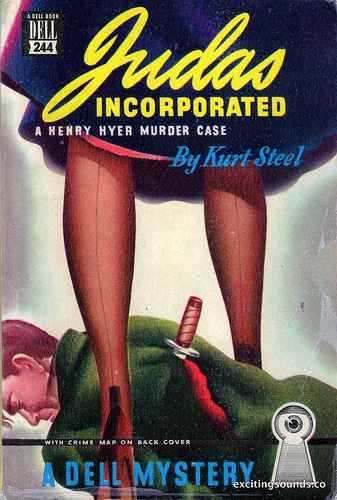Many writers say they struggle most with appealing to one’s sense of smell, yet studies say our strongest memories are linked to specific scents.
The most beloved and engaging books are descriptive-rich, engaging all our senses as we move through the story. As writers, we usually have our favorite sense, finding it easy to paint compelling visuals while potentially ignoring, for example, the kinesthetics among us.
To create a full, engaging experience for our readers, however, we must write to delight all five of the senses: sight, sound, smell, touch and taste. Neglect one or several senses and a story becomes flat, one-dimensional and sadly cast aside.
If you’d like to better write to all five senses, here are my three tips:












